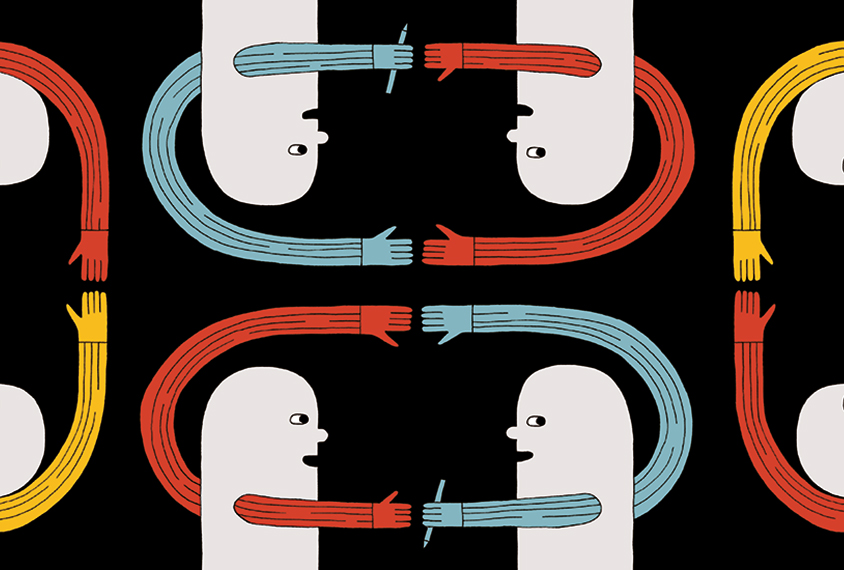
Zachary J. Williams
M.D./Ph.D. student
Vanderbilt University
From this contributor
Designing autism-friendly trials: Q&A with Caroline Averius and Zachary Williams
The pair’s new guidebook offers practical steps to make clinical trials easier and more meaningful for autistic participants.

Designing autism-friendly trials: Q&A with Caroline Averius and Zachary Williams
A new hub for participatory research: Q&A with Zachary Williams
Last month, the International Society for Autism Research launched the INSAR Community Collaborator Request (ICCR), an online forum to foster collaborations between autistic people and autism researchers. Its creator, Zachary Williams, explains how researchers can make the most of this new resource.

A new hub for participatory research: Q&A with Zachary Williams
Measuring alexithymia in autistic people
Despite the growing interest in alexithymia in autism research, the tools commonly used to measure this trait may not work reliably in autistic populations. A new scoring method fills that gap.

Measuring alexithymia in autistic people
Explore more from The Transmitter
Xiao-Jing Wang outlines the future of theoretical neuroscience
Wang discusses why he decided the time was right for a new theoretical neuroscience textbook and how bifurcation is a key missing concept in neuroscience explanations.
Xiao-Jing Wang outlines the future of theoretical neuroscience
Wang discusses why he decided the time was right for a new theoretical neuroscience textbook and how bifurcation is a key missing concept in neuroscience explanations.
Memory study sparks debate over statistical methods
Critics of a 2024 Nature paper suggest the authors failed to address the risk of false-positive findings. The authors argue more rigorous methods can result in missed leads.

Memory study sparks debate over statistical methods
Critics of a 2024 Nature paper suggest the authors failed to address the risk of false-positive findings. The authors argue more rigorous methods can result in missed leads.
Attention not necessary for visual awareness, large study suggests
People can perceive some visual information even if they do not pay direct attention to it.

Attention not necessary for visual awareness, large study suggests
People can perceive some visual information even if they do not pay direct attention to it.